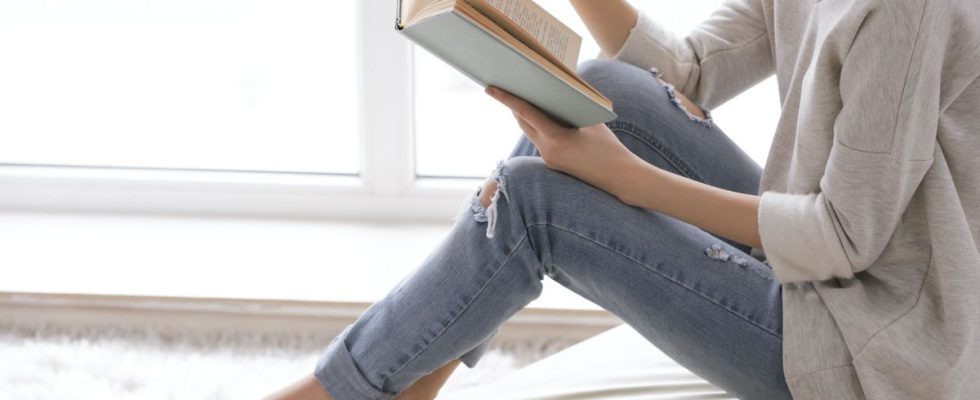Published on
Updated
Reading 2 min.
in collaboration with
Johanna Rozenblum (clinical psychologist)
Do you like being alone? Know that there is nothing wrong with that. It would even be a plus for your mental health, and would help reduce your stress, according to a newly published study.
Spending time alone (and loving it) isn’t as sad as it may seem. In reality, it would even be a healthy habit to maintain to relieve the pressure on our shoulders for a while, as a new English study reveals.
Less stress and more control when you are with yourself
In this study, researchers asked 178 people to keep a three-week diary, in which they counted the number of hours they spent each day alone, without being in direct contact with other people, or on social networks.
A first observation emerged: the more time people spent alone during a given day, the lower they rated their feeling of stress.
Then the study volunteers had to answer three questions:
- How much pressure they felt (to act during the day);
- How free they felt to be themselves;
- How much they felt in control of what was happening.
Again, the more time volunteers spent alone, the more positively they responded to these questions.
“Solitude can be extremely relaxing, because you are your own captain. There is no boss who wants a task done, and no conversations that come with pressure to be entertaining and likeable” concludes Professor Netta Weinstein, who led the study.
A time for yourself, an essential moment to regulate yourself
What does a psychologist think of this observation carried out on 178 people? Can we thus elevate the solitude chosen as a virtue? We asked the question to Johanna Rozenblum, psychologist and member of our committee of experts, who is convinced of this.
“The benefit of solitude, as a chosen moment of course, is obvious that I can only advise. Extracting oneself for a while from the outside, from the noise, from social relationships allows one to recharge one’s batteries emotionally, to dedicate to ourselves, and to ‘scan’ ourselves personally to know where we are in our stress, in our emotions, etc. Time alone is an essential emotional regulation tool that allows us to take care of our mental health.” she admits.
Good in his body, good in his head!
Being alone is not synonymous with loneliness
Of course, both the study and our expert are lucid about one fact: we are talking here about chosen single moments, to be understood as a time for oneself, decided, and not a time suffered, like a withdrawal into oneself, which is a symptom of depression.
When people choose to be alone, the degree of loneliness no longer affects their enjoyment of the day and the feeling of loneliness is significantly reduced. But when this time is imposed, as is what up to 11 million French people affected by loneliness feel, the beneficial effect is, of course, not there.
